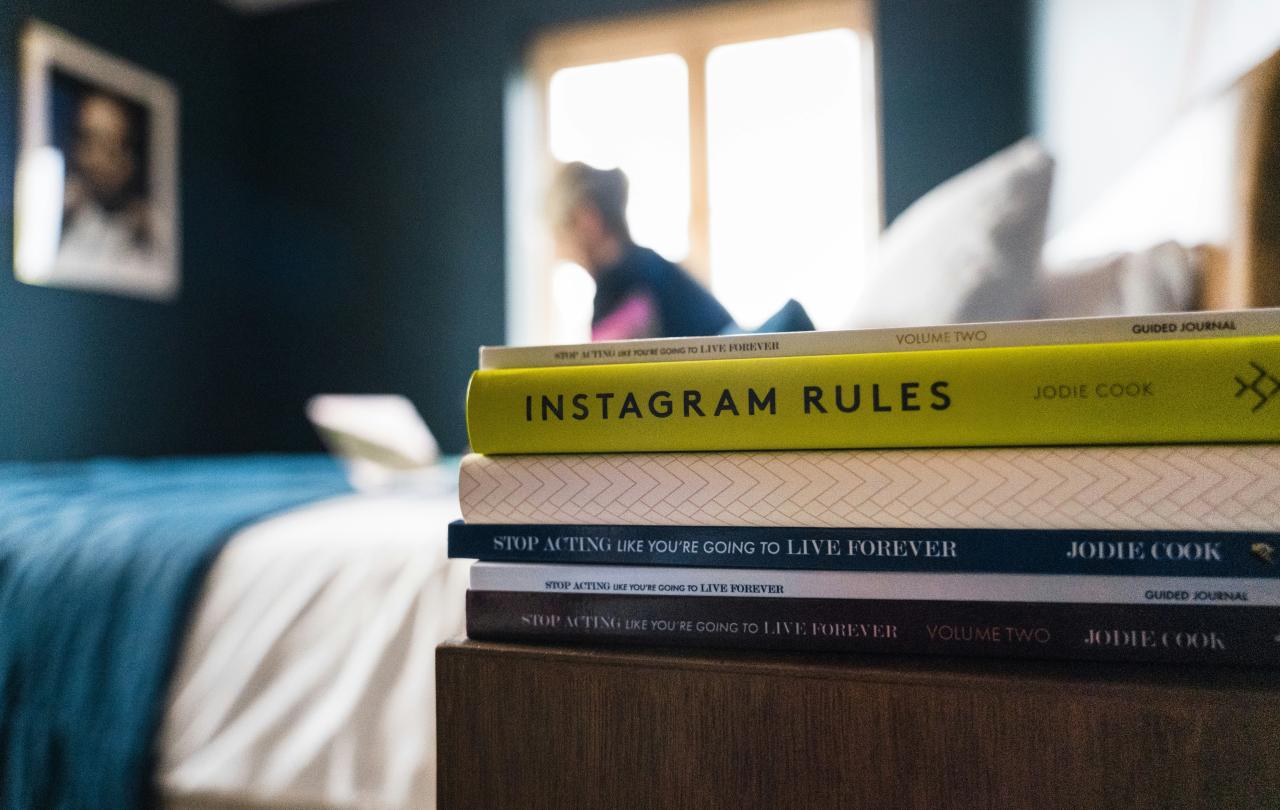
General elections are no longer a clear choice between socialism and capitalism, but we should still be as offended by the privilege of the few over the poverty of many. That’s only natural, whether we’re informed by envy, a secular sense of fairness or a religious faith.
The yawning chasm between rich and poor in the UK is offensive. When PM Rishi Sunak was drenched in his vale of tears this week outside Number 10, as he announced the general election, he was seeking a mandate to preside over this inequality, in which he so richly participates.
He stood there exactly three days after he and his wife waved from the pages of the Sunday Times Rich List, based on the newspaper’s “conservative estimates of the minimum wealth of Britain’s 350 richest people.”
The Sunaks stood at 245th on the list with a measly £651m. Just 20 years ago, when I was in business, that figure would have put them near the top. Some of my business contemporaries had even made the Rich List with just a few tens of millions.
Not anymore. Mere multimillionaires barely make the cut. The ever-widening gulf between the super-rich and the rest of us means that the top 165 of last Sunday’s list of 300 are now billionaires, compared with just 20 a quarter of a century ago, while the “bottom” of today’s heap struggle by as half-billionaires.
It does make you wonder what the Sunday Times is doing with this revolting annual survey. It has become such an anachronism since it started in the Eighties, when greed was good and we worshipped Croesus impersonators.
Every year, we’re invited to press our noses up against their plate-glass window and drool at a world that’s as alien as a pharaoh’s to the slaves building their pyramid. What do they want from us for this display of greed? Envy?
Times (even on Sunday) have changed and the Rich List satirises itself. Look at the ads that support it. There’s one for a 122-metre yacht that can be chartered for three million euros a week. A few pages later there’s one for a Swiss clinic “for the treatment of mental health and issues of substance and behavioural dependency”. Could these ads be related?
So what the Sunday Times is presenting is a kind of freak show. Roll up, roll up, see the people who are tax exiles from the planet.
The Rich List is just for the British mega-rich. So no room here for Meta-billionaire Mark Zuckerberg or space-wingnut Elon Musk. But it’s nice to see at the top of the list, with just a couple of hundred million over the £37bn-mark, the Hinduja family, whose leading lights so publicly acquired British passports some years ago, with or without government help.
And here’s Lakshmi Mittal (No. 8 with £15bn), who was recently accused of profiting from both sides of the Ukraine conflict, after a part-owned Indian company bought nearly £2.4bn of Russian oil since the start of the war. Which newspaper revealed this? Step forward the Sunday Times.
And there’s vacuum magnate Sir James Dyson (No. 5 with £21bn) who backed Brexit and then moved his global HQ to Singapore. That’s the beauty of being so rich; you can escape the consequences of your own actions.
Most of the list is what similarly might be called colourful. These cannot, by virtue of their economic separation, be normal people. So what the Sunday Times is presenting is a kind of freak show. Roll up, roll up, see the people who are tax exiles from the planet.
Money is its own reward. But ultimately its power is empty.
What are we to make of this quite nauseating spectacle? Sure. there is no virtue in poverty. But nor should there be a prosperity gospel, which holds that the righteous are financially rewarded, other than in the outer reaches of an American charismatic movement.
Among the things that make us go “hmm” in this report is the attitude to life. Phones 4u founder John Caudwell (No. 109, £1.5bn) says “If I stopped I’d probably be desperately unhappy.” Hmm. New entrant to the list Graham King (No. 221=, £750m) made his fortune from public money contracts for accommodation for asylum seekers that inspectors have described as “decrepit” and is currently the subject of charges under the Housing Act 2004. Hmm.
Cursed are the rich, for they shall lose touch with reality. That’s not a heretical rewrite of the Sermon on the Mount, with its “Blessed are...” Beatitudes. There are actually four lesser known woes in the Gospel of Luke:
“Woe to you who are rich, for you have received your consolation. Woe to you who are full now, for you will be hungry. Woe to you who are laughing now, for you will mourn and weep. Woe to you when all speak well of you, for that is what their ancestors did to the false prophets.”
These woes aren’t about revenge. But they do speak to the consequences of extreme wealth – such as profiteering from desperately vulnerable people or working so hard you can’t think properly.
Money is its own reward. But ultimately its power is empty. Today, the Sunday Times should be as ashamed of idolising it as those it lionises for making so much of it.





